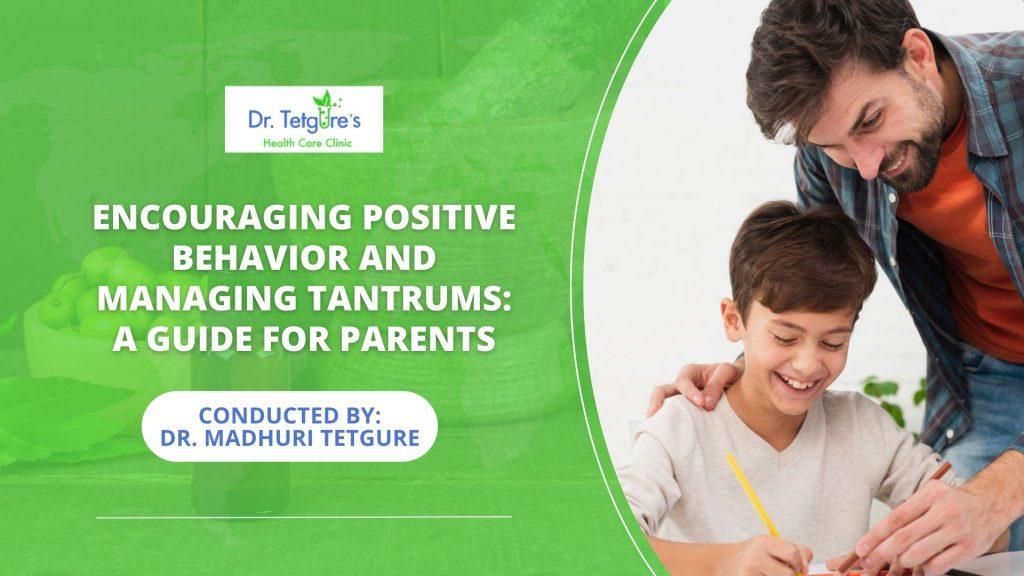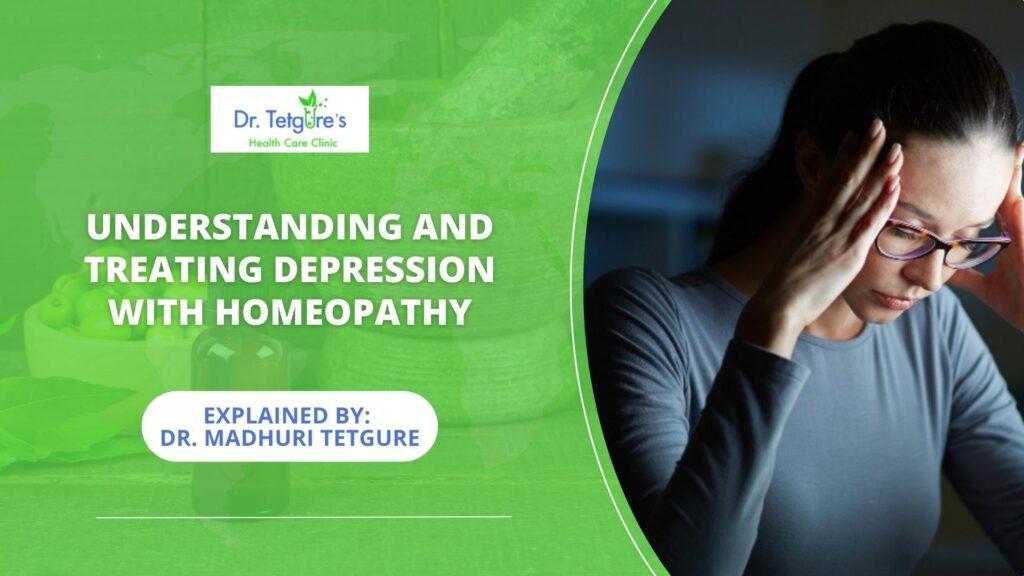Encouraging Positive Behavior and Managing Tantrums A Guide for Parents
Encouraging Positive Behavior and Managing Tantrums A Guide for Parents Parenting is a rewarding journey filled with joys and challenges, especially when it comes to guiding children through their development and behavior. As children grow and explore the world around them, they may exhibit tantrums and challenging behaviors. However, with patience, understanding, and proactive strategies, […]
Encouraging Positive Behavior and Managing Tantrums A Guide for Parents Read More »










